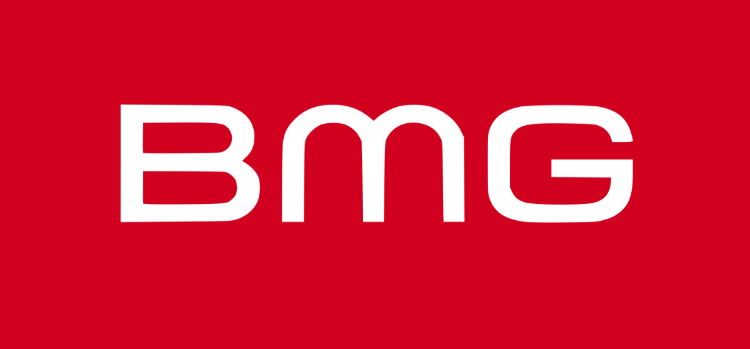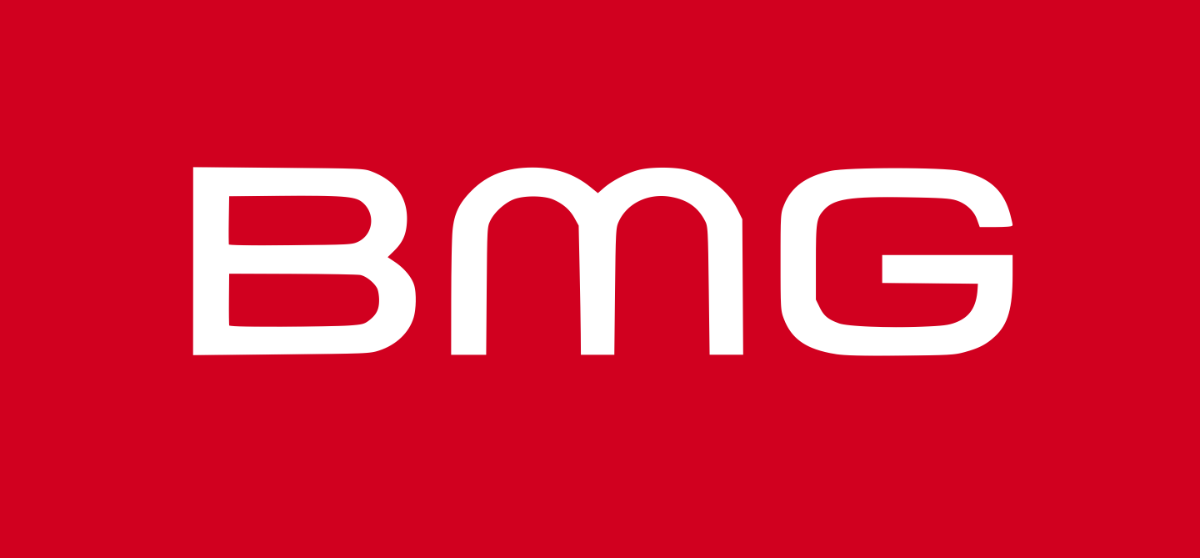
Photo Credit: BMG
BMG’s chief executive Hartwig Masuch recently spoke about BMG’s billion-dollar war chest, a herculean acquisition spree, and why the quaking economic picture doesn’t scare BMG.
A recent report in the Financial Times (subscription-only) looked into BMG’s impressive double-down on acquisition; it offers an insider view from BMG’s chief executive – who’s suddenly chest-thumping about all the cash his company has to scoop up lucrative songbooks that are still on the market.
Maybe that’s a good posture, or maybe it’s not. But tapping the brakes doesn’t seem like an option here.
In 2021, BMG Music struck a deal with KKR—a renowned financial investment giant in New York—to jointly acquire songbooks with a budget of $1 billion. There’s apparently still plenty of cash in that account, and with an estimated additional personal account of €450 million to spend on music assets, BMG is packing.
When British rock band Pink Floyd’s catalog came to auction, some big music names queued up. However, unconfirmed reports hinted that BMG had reached the advanced acquisition stage.
Does that mean BMG might announce rights to Pink Floyd’s songbook? For reference, Pink Floyd’s catalog has a rumored price floor of €500 million, placing them in a league that a small number of artists have crossed. This price-pinnacle reportedly met Springsteen in 2021 when Sony Music bought the entire catalog for $500 million. Even Sting had cashed in a relatively ‘low’ price of $300 million (reportedly) when Universal Music Publishing Group snagged his music IP earlier this year.
The past few years have witnessed an urgent frenzy to purchase music and recording rights. London-based Hipgnosis — perhaps the most high-profile music IP investment and song management company in the game — had famously spent over $2.2 billion on catalogs by the 2021 fiscal year-end and reportedly a considerable sum since. Now, for obvious reasons, that frenzy is cooling down.
The numbers show that BMG now stands among a limited number of mega-investors currently on the market for recording rights. With interest rates rapidly rising, smaller players appear to be scaling back on music IP purchases.
So what exactly triggered this ‘diminishing demand’ for music catalogs?
Four months ago, as post-Covid inflation started raging and the Federal Reserve quickly raised US interest rates, the resulting economic breeze gave investors a whiplash. Toss in a scary stock market plunge and multi-billion-dollar crypto wipeout, and cash splurging calmed down. BMG rivals began “letting go of deals due to cold feet,” according to Masuch, and BMG used this opening to launch the full scale of its hunt.
According to Masuch, “suddenly, people get a little cautious” in this current economic climate.
He compared recent times to the post-financial crisis of 2010 when investors began fearing the future and profitability of the music industry. Now, as concerns around an impending US recession grip the nation in a headlock, investors are wary of pouring money into music IPs.
But with record-low interest rates during the last few years, and streaming platforms breathing new life into the music industry, some mega-investors have been redefining music as a mainstream financial asset. BMG’s Masuch even compared it to oil or gold, calling music an “absolutely must-have asset in a broader portfolio.”
Explaining the extent of investors’ cold feet, Masuch added, “We execute, every week right now, a deal that already was tied down by one of the investment vehicles — because suddenly they’re not able to execute.”
With anxious investors turning their backs to music, Masuch explained how more prominent labels like BMG, Universal, Sony, and Warner have an advantage: the infrastructure and expertise required to ensure that music catalogs can extract the most money.
BMG’s plan to devour rights to major music catalogs is on a fast track. On July 20th, BMG acquired the rights of French musician Jean-Michel Jarre—who has sold over 85 million albums. But this deal marks BMG’s second major acquisition this week. On July 19th, BMG also bought the music interests of Scottish rock band Simple Minds.
During this strategic–and somewhat steroidal–acquisition spree, BMG revenue is sailing high. Compared to 2021’s €663 million in revenue, the Bertelsmann-owned company has noted a 25% spike in just the first five months of 2022. This ‘growth spurt’ can also be an added vehicle that drives BMG’s acquisition game.

